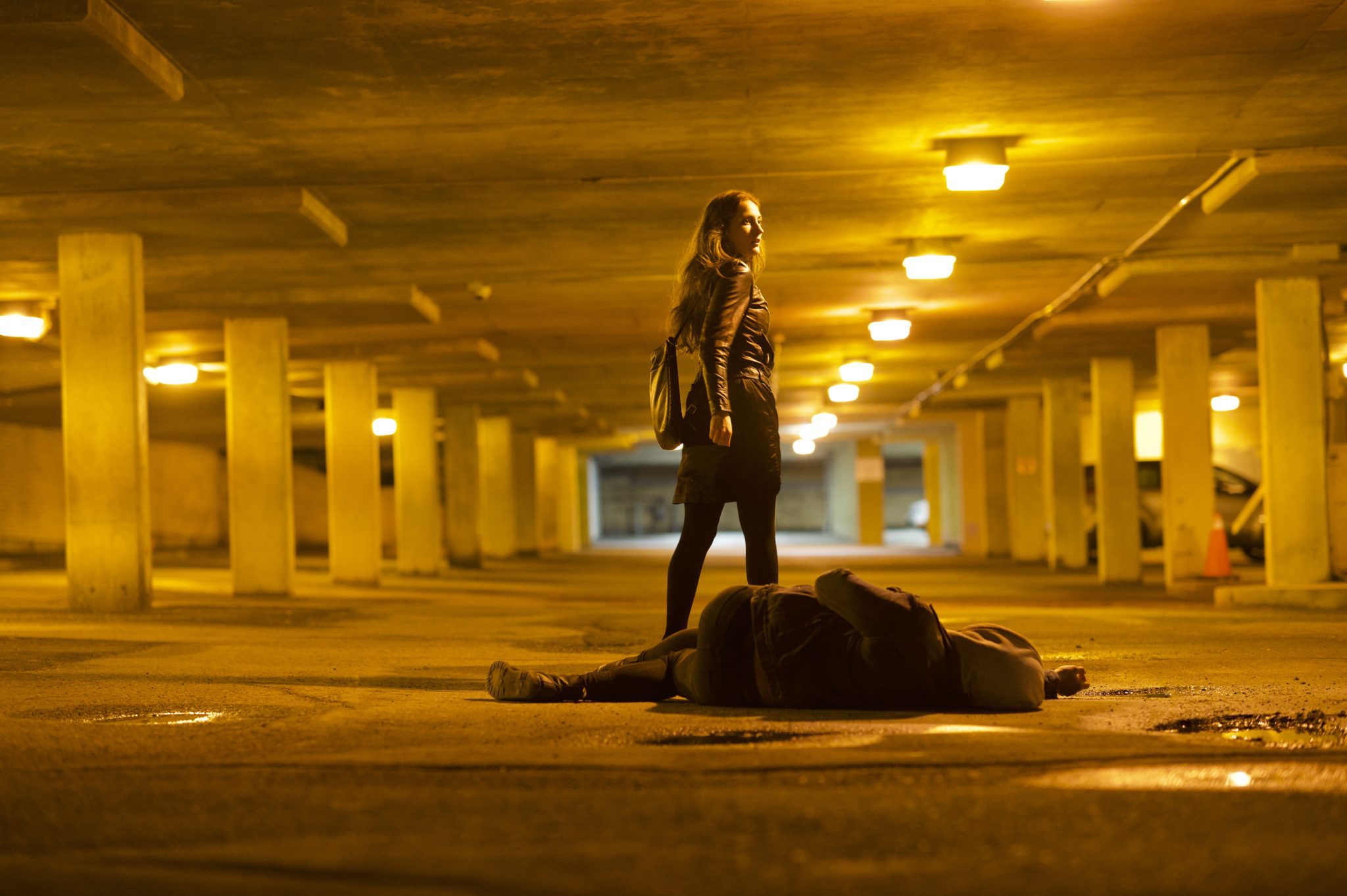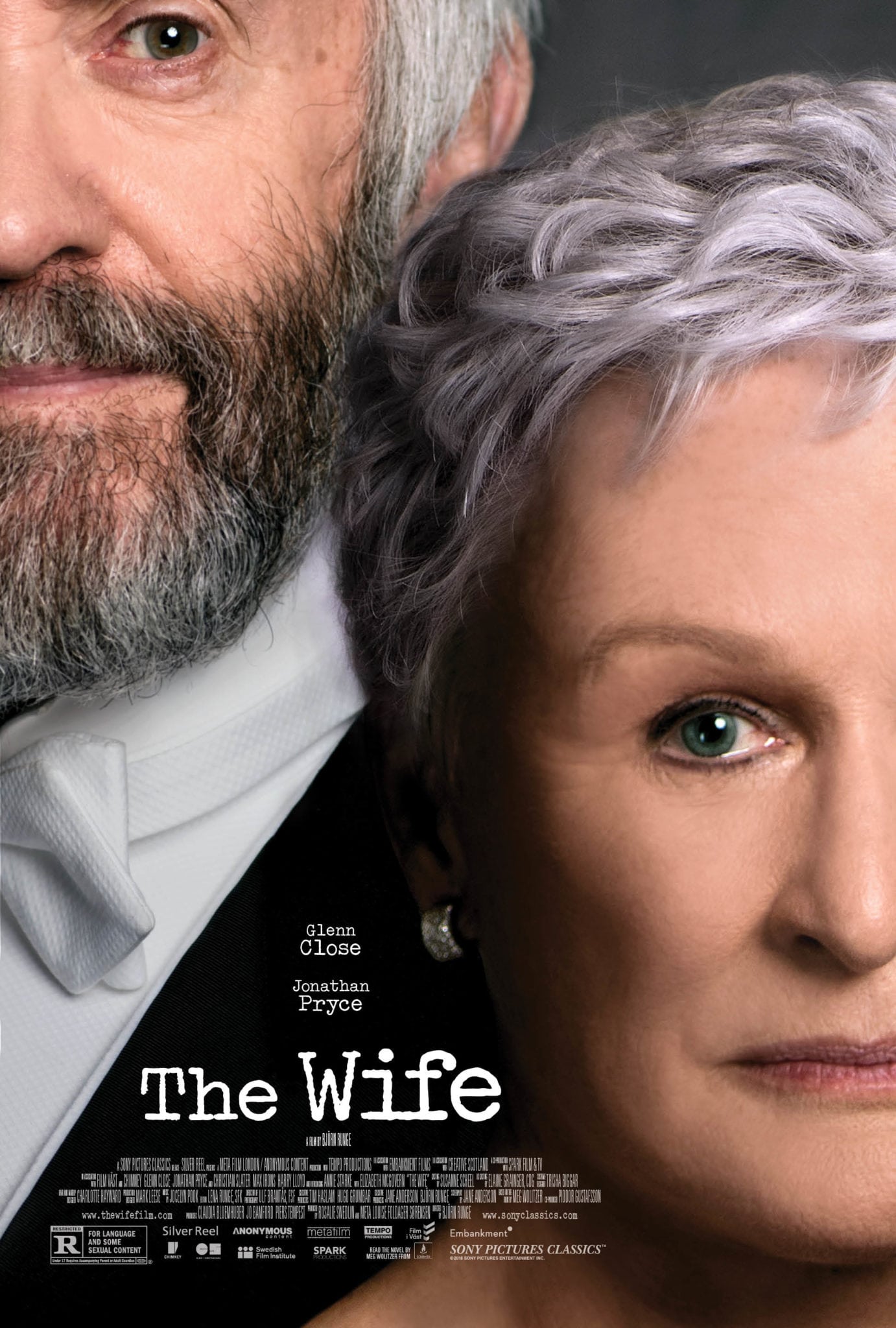
Inside Out ’22: Compulsus
If ?fierce? is a film, it might be Compulsus. Compulsus tells the story of Wally (Lesley Smith), a woman who is increasingly infuriated by stories of violence at the hands of men. Although she has never experienced it firsthand, the pain and suffering that her friends share with her set fire to her soul. When a random…

